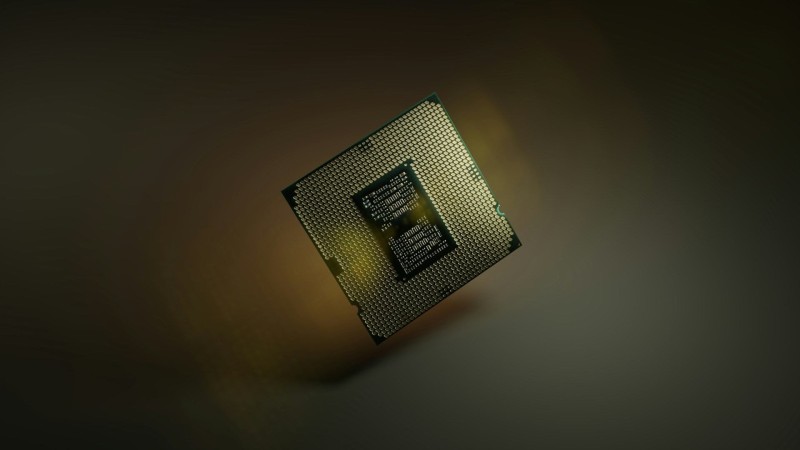Notably, their high-end i9 models, Intel's 13th generation processors, have taken, at best, rather mixed reviews. Although they brought in notable performance increases compared to previous generations, a number of issues have risen among users and tech reviewers alike.
Power Consumption and Heat Generation
The biggest negative probably against these intel i9 13th gen processors would have to be the extremely high consumption and heating of these chips. These chips have usually been designed just to stretch performance limits but almost always at an efficiency cost: higher energy bills, louder cooling, and perhaps some added instability.
Stability and Compatibility Issues
With some users, the intel i9 13th gen processor has been reported to have stability problems, mainly in overclocking or running high-intensive workloads, such as system crashes, hanging randomly, or shutting down unexpectedly. Apart from these, there have also been compatibility issues with certain motherboards and software, too.
Price Premium
Where the Intel i9 13th gen processors awaits, a much heavier price sits compared with their predecessors. While the performance gain can be dramatic, whether it is worth paying the premium remains debated. For many consumers, the cost outweighs any benefit one would derive, especially considering some of the possible drawbacks enumerated above.
Alternative Options
With some of the issues and concerns for intel i9 13th gen processors, it might be better for some customers to consider other options that just work out a bit more propositionally. AMD Ryzen processors are increasingly popular these days, offering competitive performance often at a lower price. Also, Intel's 12th generation processors may be quite serviceable for those without an absolute need for the latest and greatest.
Conclusion
While the Intel 13th generation i9 really do turn out to be capable processors, there are no perfect things in this world. The excess power consumption and heat generation on the central processing unit might also lead to certain instability concerns. Those who want pure performance probably won't mind the downsides of the i9 processors. In all other cases, one should trust other models either by Intel or by AMD, as they promise to give a better balance between performance and efficiency, or value.
Additional Considerations
Apart from the aforementioned core issues, there are many more factors to be considered while assessing the 13th generation i9 processors. Among them are:
- Future-proofing: While there is considered to be pretty good productivity with the 13th generation, one will have to consider how it will then stack up against future generations of processors. In case you want this for a long-term investment, you may want to weigh the potential for being obsolete.
- Specific use cases: demand a different processor, of course. If you do most of your work in heavy applications such as video editing, hardcore gaming, and so on, the i9 is well worth the money. However, if your needs are less demanding, then you may be able to get by with a lesser processor.
- Cooling requirements: The 13-generation i9 processors require a very extreme cooling setting. If someone is building his or her computer, he or she must assure that the cooling system will be able to bear the load.
